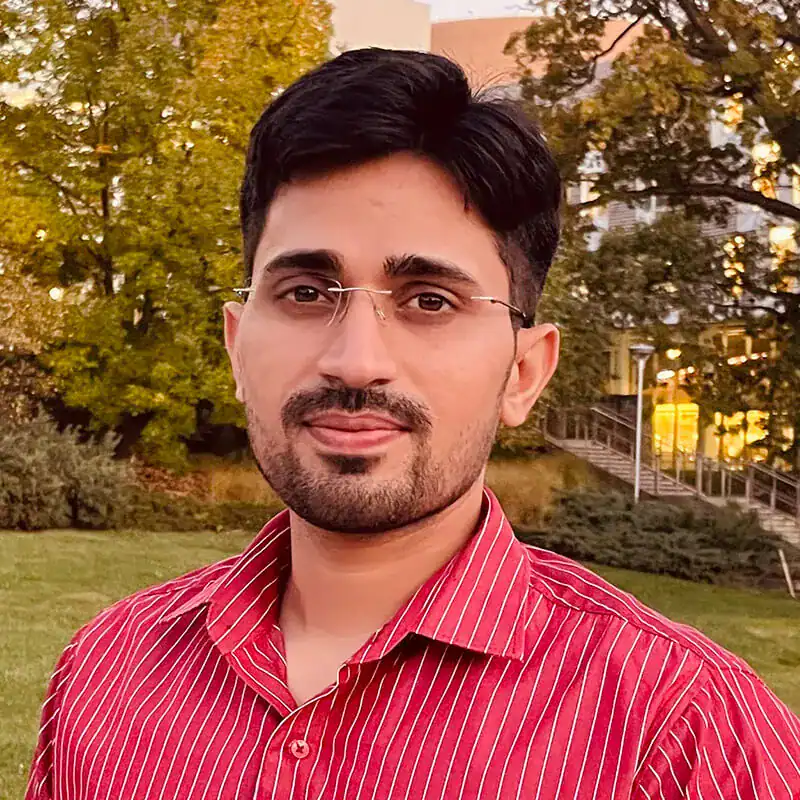Hepatitis C virus (HCV) is a leading cause of liver cancer and responsible for nearly 300,000 deaths annually. While antiviral therapies can cure HCV, they do not prevent reinfection, and no preventive vaccine currently exists. Developing a vaccine for HCV has been difficult because the virus mutates quickly and exists in many different forms, or strains. In addition, traditional development strategies have failed because they tend to produce immune responses that only protect against specific strains and they often focus the immune system on parts of the virus that don’t generate strong, protective antibodies.
Dr. Rajat Punia aims to design vaccine candidates that mimic a powerful natural immune response seen in some patients infected with HCV – one that produces broadly neutralizing antibodies that target conserved regions of HCV that are critical for infection. Using computational modeling and protein engineering, he will develop a two-step vaccine that first trains the immune system to recognize these conserved targets and then boosts this response. “If successful, this research could lay the foundation for a much-needed preventive vaccine against HCV and its associated cancers,” he states. Dr. Punia trained in chemical engineering at the Indian Institute of Technology Delhi before earning a PhD in computational biology. His work uncovered mechanisms behind viral entry, lipid membrane dynamics, and drug interactions with cancer-related proteins. He later applied AI-driven methods to antibody design at a biotech startup. Now a postdoctoral fellow, Dr. Punia is developing vaccine candidates for HCV by modeling how viral surface proteins interact with the immune system.
Sponsor
Andrew Flyak, PhD, and Joe Grove, PhD
Research Focus
Hepatitis C virus, cancer vaccine, liver cancer
Projects and Grants
Computational design of vaccine immunogens for broad-spectrum immunity against hepatitis C virus

